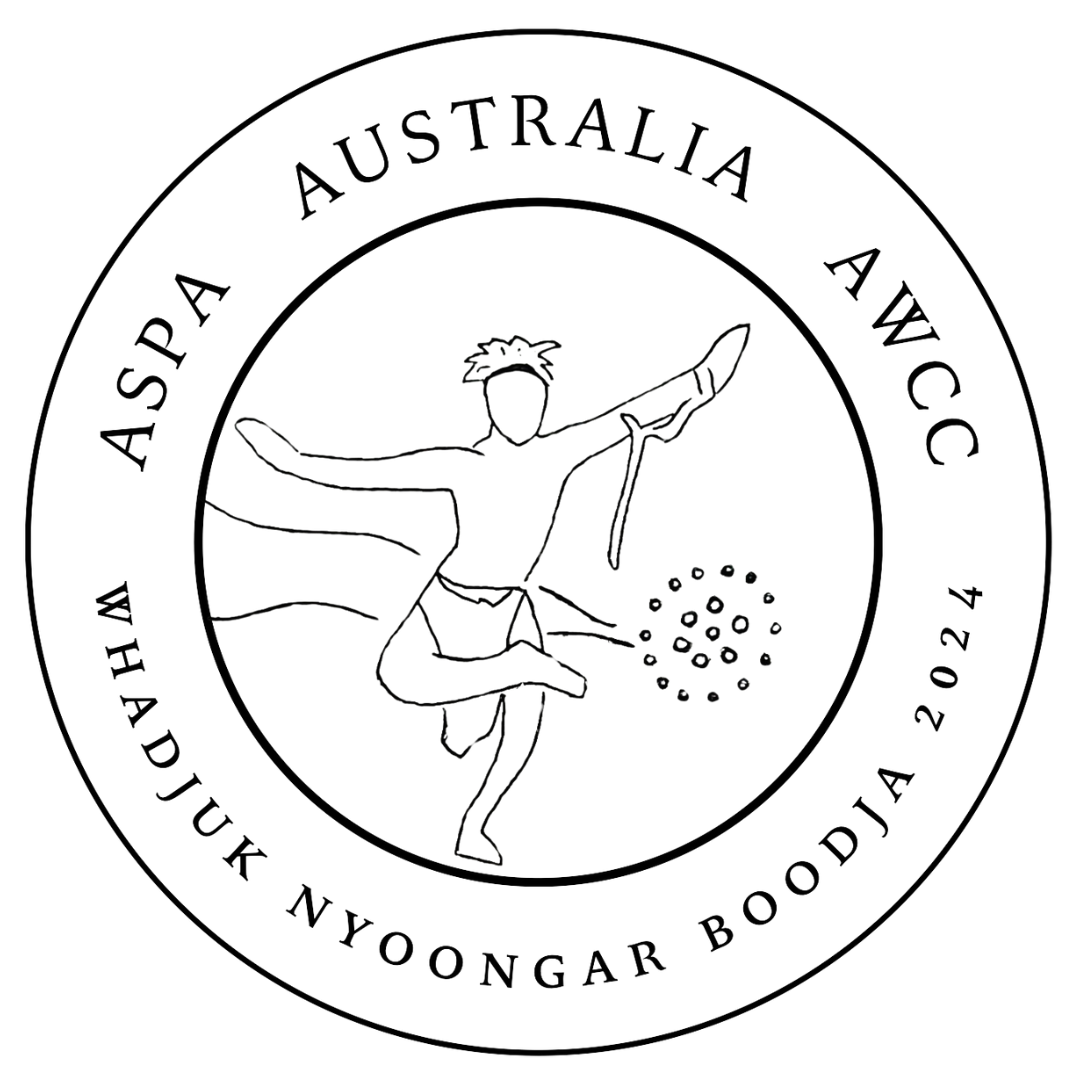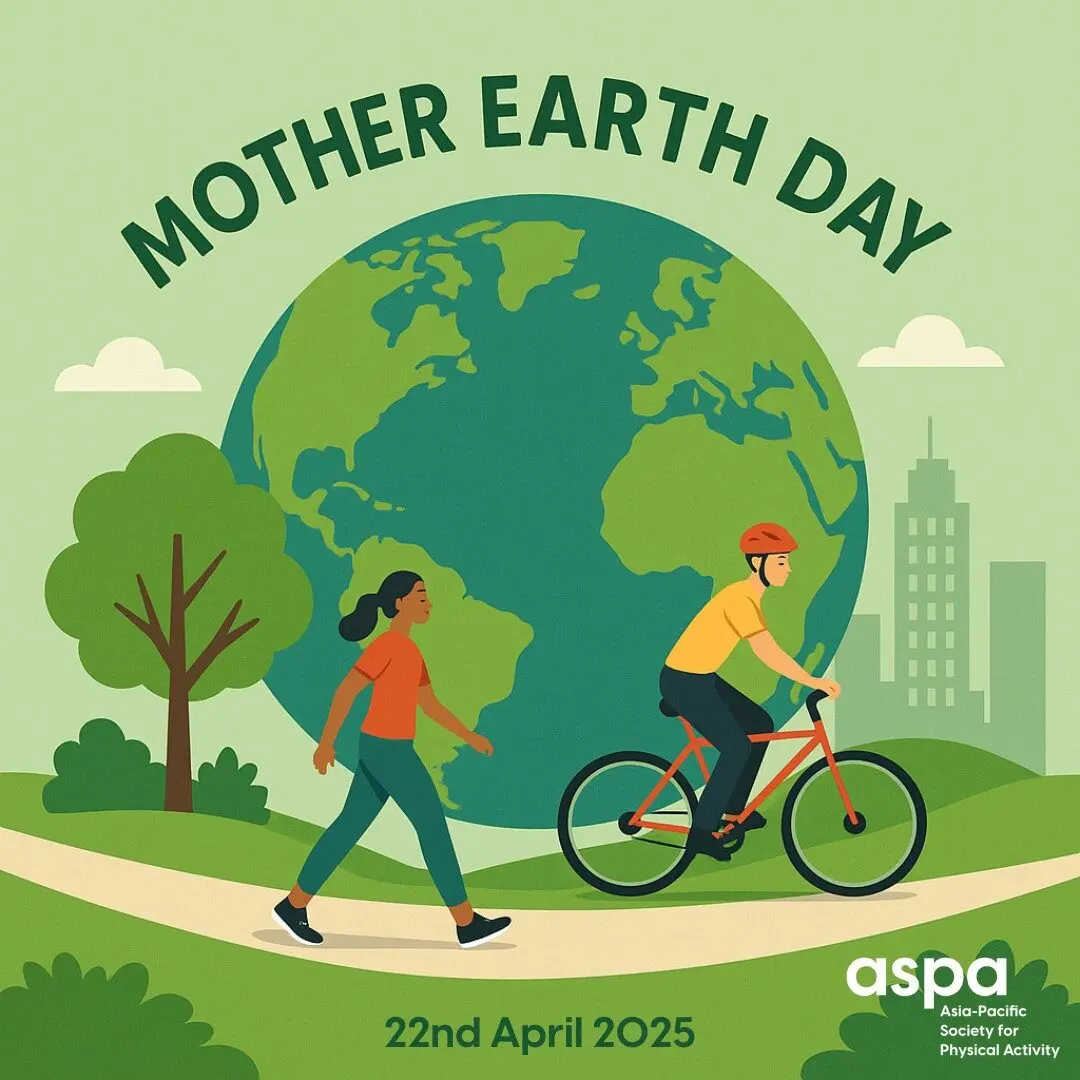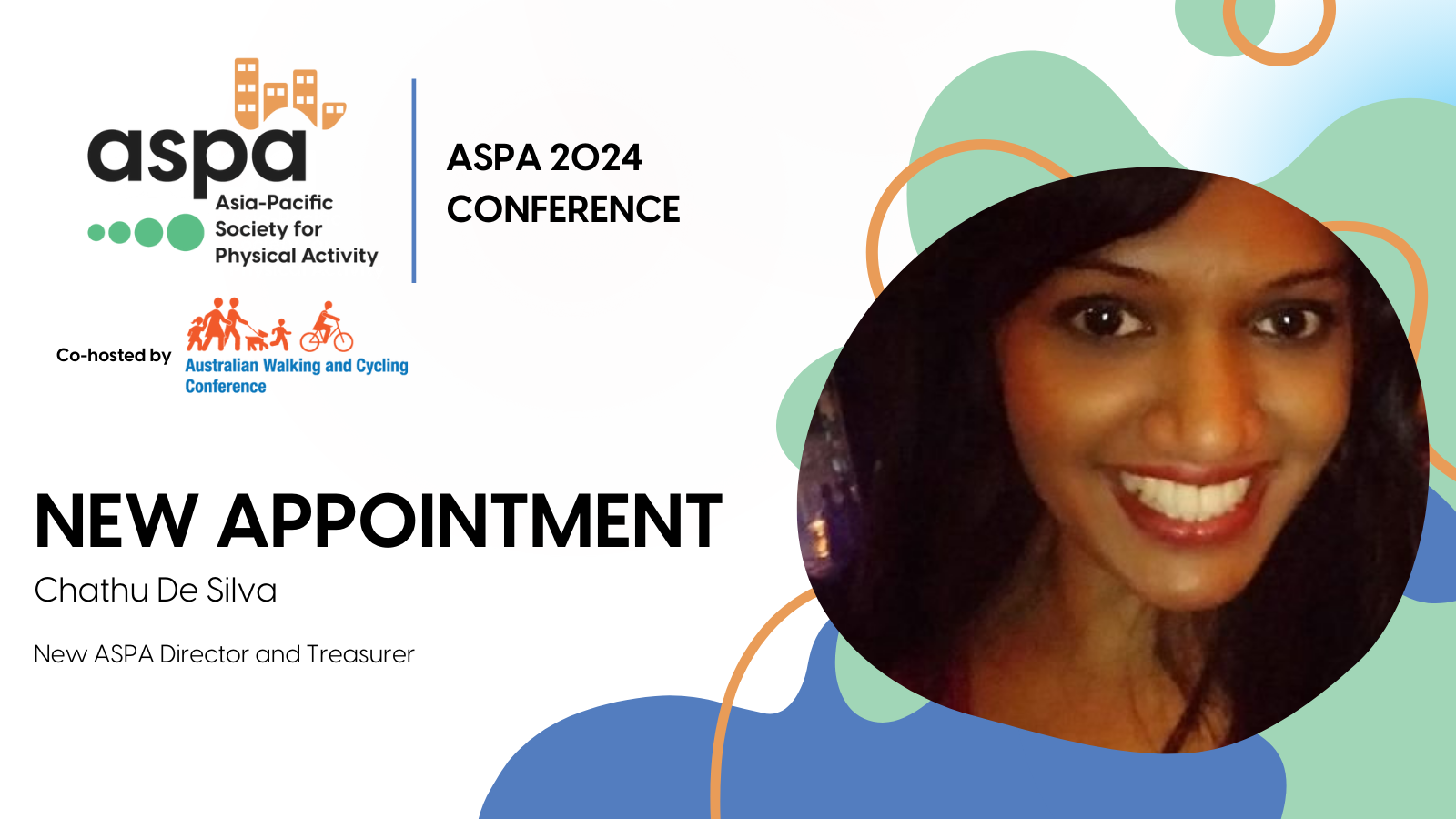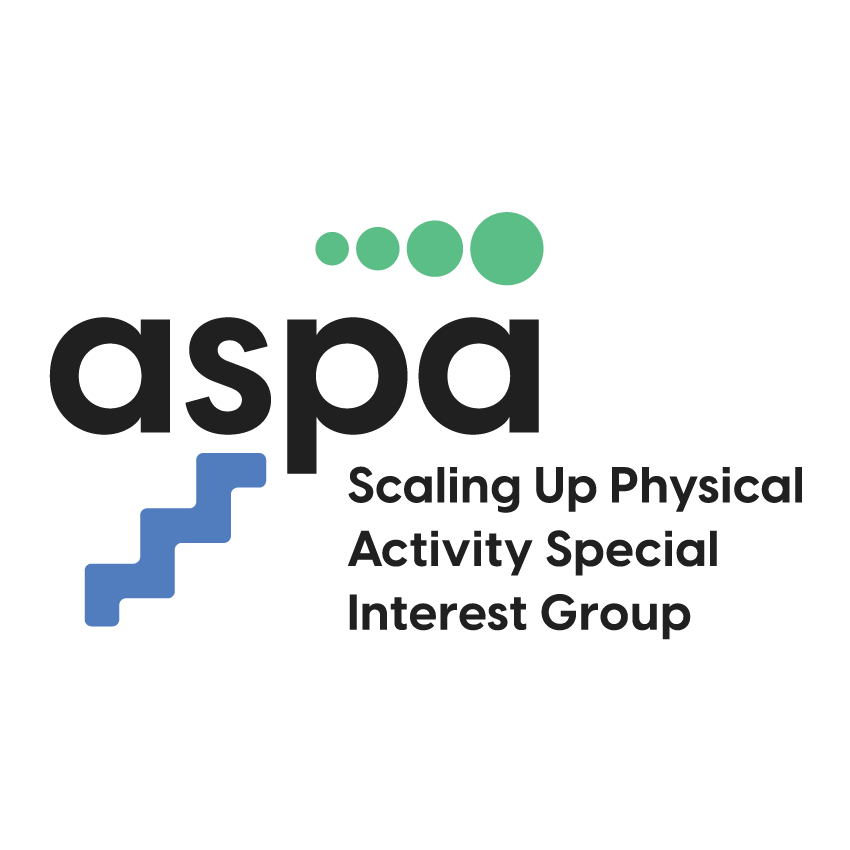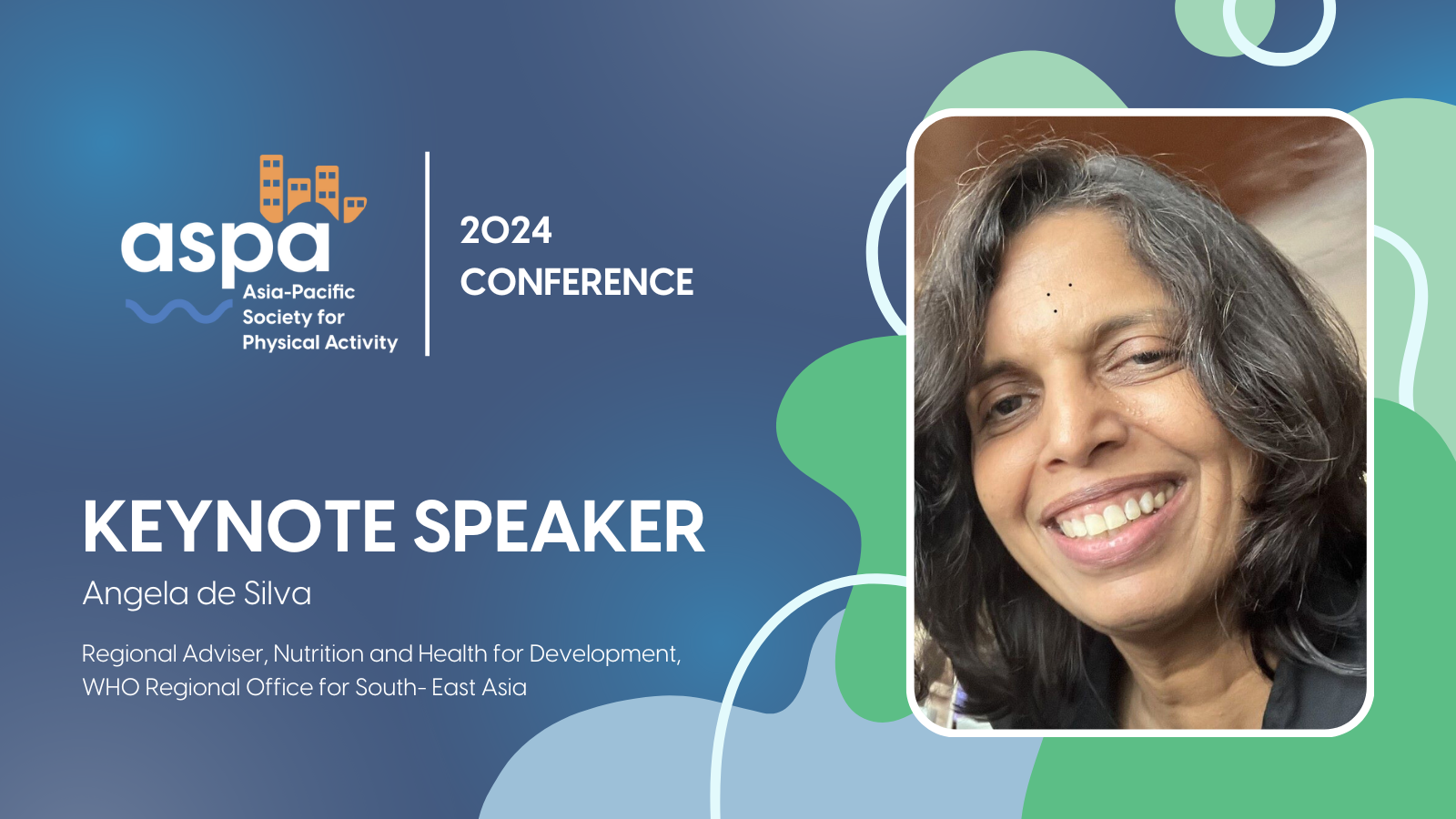Building strong Aboriginal communities through physical activity and sport
Join us for the Invited Plenary session on Aboriginal Physical Activity, scheduled for Day 1 of the conference, on Wednesday, 20 November, from 4:00 to 5:00 PM. This session will be held in the TAFE Theatre, Room S127, with an overflow livestream available at the State Library Theatre.
The plenary will explore critical insights into the significance of physical activity within Aboriginal communities, examining its cultural, social, and health implications. The panel includes Aboriginal leaders and experts in health and community engagement, who will share their knowledge and experiences, highlighting the intersection of traditional practices and modern approaches to physical activity.



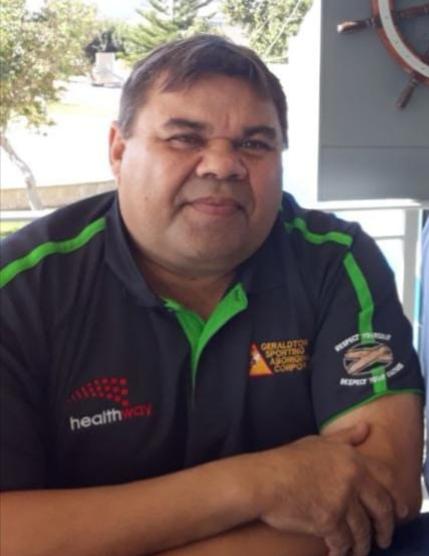

Panel Chair – Professor Andrew Maiorana
Professor Andrew Maiorana is the Head of Department of Exercise Physiologist at Fiona Stanley Hospital and Professor of Clinical Exercise Physiology at the Curtin School of Allied Health, Curtin University. Andrew’s research focuses on implementing and evaluating innovative approaches to improve the prevention and management of chronic conditions. He is working with several Aboriginal communities across Western Australia in co-designing accessible and culturally appropriate physical activity and health initiatives.
Michael McMonigal
Michael McMonigal is the Program Manager and Executive Officer for Ngurra Kujungka, the Western Desert’s first community driven regional sport and recreation organization. He is representing the Martu Council of Ngurra Kujungka on the panel today.
Dr Margaret Gidgup
Dr Margaret Gidgup is a Noongar Wadjuk Yamatji Ngadju women. Her thesis was about Older Aboriginal people living on Noongar Boodjar who had engaged in a two-year Physical activity Program. Margaret is an early career researcher who is currently working at the Centre for Aboriginal Studies as an Associate Lecturer.
Adrian Bartlett
Adrian Bartlett is a Yamatji man and the Executive Officer at the Geraldton Sporting Aboriginal Corporation. He has a longstanding involvement in sport, recreation and wellbeing programs in the Mid-west region as a player, umpire and sports administrator.
Associate Professor Tuguy Esgin
Associate Professor Tuguy Esgin is Noongar Yamatji man. He currently holds the esteemed position of the Dean, Indigenous Engagement with the Faculty of Business and Law at Curtin University. He previously completed his PhD in Exercise Physiology, his thesis investigating barriers and motivators for exercise in Indigenous communities.
